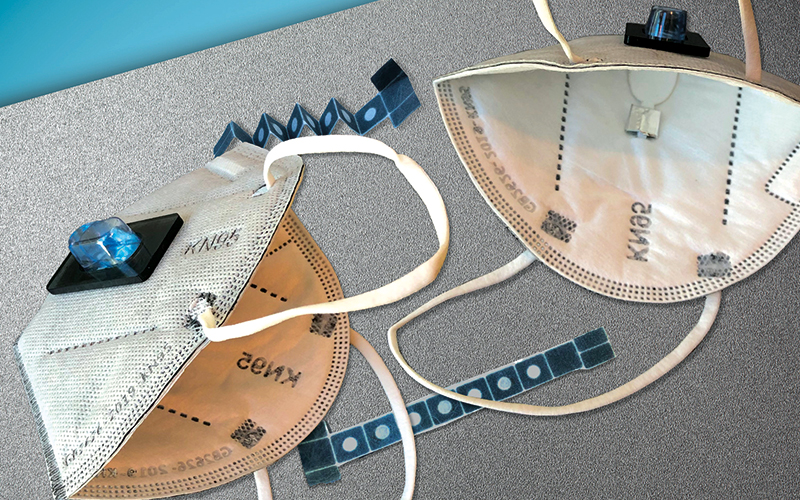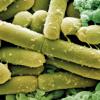Engineers at MIT and Harvard University have designed a novel facemask that can diagnose the wearer with COVID-19 within about 90 minutes.

The masks are embedded with tiny, disposable sensors that can be fitted into other facemasks and could also be adapted to detect other viruses.
The sensors are based on freeze-dried cellular machinery that the research team has previously developed for use in paper diagnostics for viruses such as Ebola and Zika.
In a new study, the researchers showed that the sensors could be incorporated into not only face masks but also clothing such as lab coats, potentially offering a new way to monitor healthcare workers’ exposure to a variety of pathogens or other threats.
Senior study author James Collins said: “We’ve demonstrated that we can freeze-dry a broad range of synthetic biology sensors to detect viral or bacterial nucleic acids, as well as toxic chemicals, including nerve toxins.”
The facemask sensors are designed to be activated by the wearer when they’re ready to perform the test. Results are only displayed on the inside of the mask, for user privacy.
Image Credit | Felice Frankel And MIT News Office




